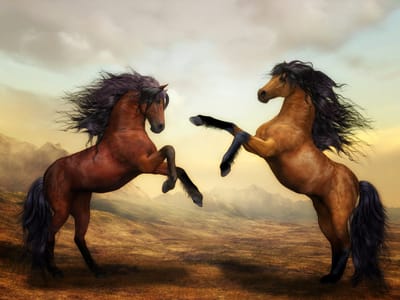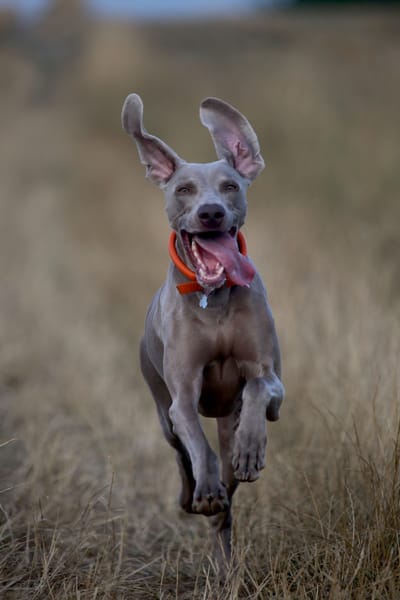Physiotherapy



Physiotherapy helps restore movement and function when affected by injury, illness or disability. (CSP, 2022). Chartered Physiotherapist is a protected title used for human physiotherapists and only those trained to the high standard required can use this title.
Veterinary physiotherapy is not a protected title and therefore does not require training or continual learning and development. The Association of Chartered Physiotherapists in Animal Therapy (ACPAT) is a special interest group of the Chartered Society of Physiotherapy (CSP) therefore members are human physiotherapist who have completed further studying (2years) to treat all animals. Non human physiotherapists who have been trained to a level comparative to human physiotherapists are eligible for registration with RAMP (Register of Animal Musculoskeletal Professions) who require the gold standard of qualifications and continuing professional development.
If your animal is injured they will need to be assessed by your vet and they must consent and refer for Physiotherapy, find the vet referral form here. If your animal is not injured and you want them assessed for a check up, pre or post competition, for maintenance or for advise then you do not require a vet referral please find the equine self referral form here and the canine self referral form here. For other species please contact me directly here.
Assessment involves observing your animal, asking them to perform certain tasks (walking on lead, sit, down or for the horse lunging and in hand) and then palpate (feel) and move their joints and muscles. Treatments may include movement, exercise, manual therapy (including massage), education and advice, and electrotherapy.
Stance analysis using the Companion stance analyser is a mat that collects data on weight, stability information and individual leg weight-bearing analysis. This is then analysed and can detect early lameness before lameness can be observed and also can be used to track treatment progress.
Veterinary physiotherapy is not a protected title and therefore does not require training or continual learning and development. The Association of Chartered Physiotherapists in Animal Therapy (ACPAT) is a special interest group of the Chartered Society of Physiotherapy (CSP) therefore members are human physiotherapist who have completed further studying (2years) to treat all animals. Non human physiotherapists who have been trained to a level comparative to human physiotherapists are eligible for registration with RAMP (Register of Animal Musculoskeletal Professions) who require the gold standard of qualifications and continuing professional development.
If your animal is injured they will need to be assessed by your vet and they must consent and refer for Physiotherapy, find the vet referral form here. If your animal is not injured and you want them assessed for a check up, pre or post competition, for maintenance or for advise then you do not require a vet referral please find the equine self referral form here and the canine self referral form here. For other species please contact me directly here.
Assessment involves observing your animal, asking them to perform certain tasks (walking on lead, sit, down or for the horse lunging and in hand) and then palpate (feel) and move their joints and muscles. Treatments may include movement, exercise, manual therapy (including massage), education and advice, and electrotherapy.
Stance analysis using the Companion stance analyser is a mat that collects data on weight, stability information and individual leg weight-bearing analysis. This is then analysed and can detect early lameness before lameness can be observed and also can be used to track treatment progress.